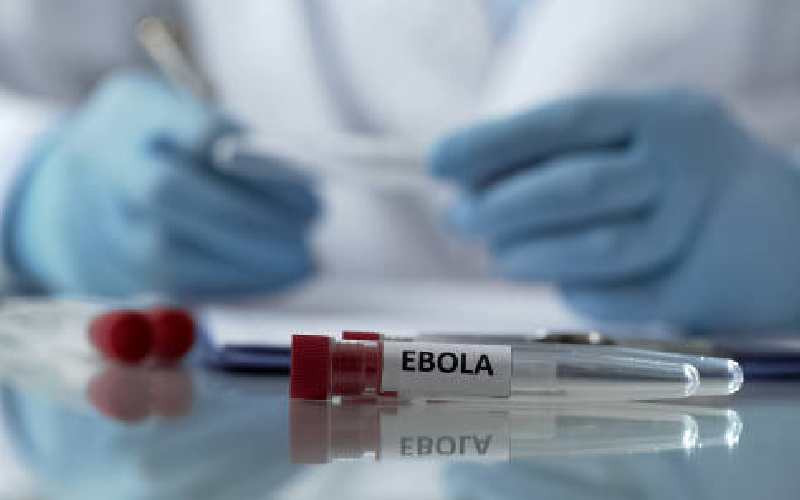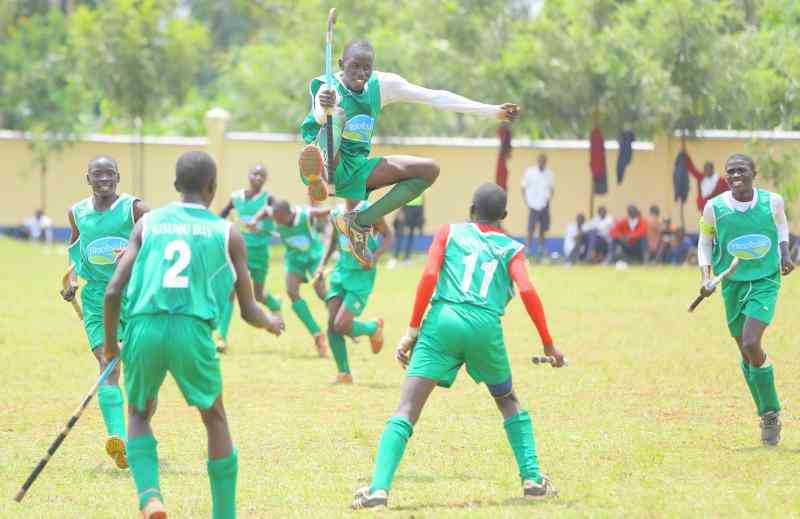×
The Standard e-Paper
Kenya's Bold Newspaper

Audio By Vocalize

WHO Director-General Tedros Adhanom Ghebreyesus said efforts to slow Ebola in Uganda have been largely successful. [iStockphoto]
The head of the World Health Organization said Wednesday that he expects the first doses of Ebola vaccine targeting the strain behind an outbreak in Uganda to arrive in the country next week.

